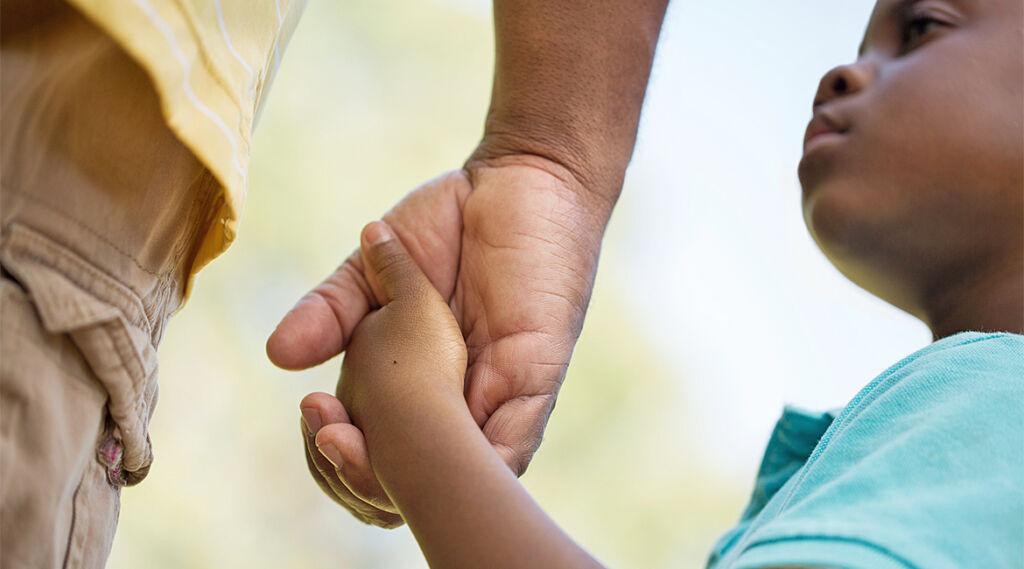“The way positive reinforcement is carried out is more important than the amount.” —BF Skinner, American psychologist, behaviorist, and author
When BF Skinner wrote “Science of Human Behavior” in 1953, he opened a field of study previously unknown to parents before: that children could be influenced positively or negatively by the responses to their behavior. Skinner believed very strongly that positive reinforcement could build a child’s self-esteem to the point that they would begin to make better behavioral choices for themselves. SKinner’s theories became so widely accepted that he became a professor at the Psychology Department of Harvard University from 1958 to his retirement in 1974.
What are the benefits of this theory?
Positive Reinforcement Reminds a Child That They Are Loved
When your child misbehaves, it can be challenging to remember that ‘punishment’ and ‘consequence’ are not the same. Misbehavior calls for a response. If your child only hears negativity from you, they never know when they are doing well. So, watch for moments when your child is doing something terrific. Were the toys put away quickly on one ask? Did your child transition between activities without a protest?

Positive Reinforcement Helps A Child Feel Confident
When you look for and praise your child’s good performance, your child benefits with higher self-confidence. The message you send repeatedly is “I appreciate your good choice,” and everyone wants to feel appreciated. Those who feel appreciated strive to do more. As you build words of positive reinforcement into your daily routine, your child will make more frequent positive choices. This process takes time, and there will be setbacks. But know that the benefits are worth the effort.
Positive Reinforcement Cultivates a Positive Mindset
A positive mindset consists of focusing on what is good in people. Everyone, not only children, enjoys being appreciated and responds by trying to do more. In contrast, punishment causes children to feel resentful and more negative over time. Children with a positive mindset grow into adults with flexible, optimistic thinking.
How Does Positive Reinforcement Work?
Parenting with positive reinforcement requires emotional intelligence in the arent or trusted adult. The following methods support parenting with positive reinforcement:
- When you see misbehavior, calmly describe what you see and why it is inappropriate
- Give the child acceptable options and allow them to choose how they want to change their behavior
- Validate your child’s feelings–because feelings are never ‘right’ or ‘wrong’
- Use “I” commands, such as “I see you are upset” or “I see you would like to….” so your child knows they are understood. “I” commands reduce frustration for your child
- Help your child solve whatever problem they are facing
- Align with your child with connecting sentences, like, “I know how hard it can be to wait/see something you can’t have/feel so hungry”
- Know that when children are toddlers, positive attention can be as valuable as positive reinforcement; many times, your children want you to ‘see’ everything they do.
The Positive Reinforcement Shift
If you want to shift your mindset to incorporate more positive reinforcement in your home, ask yourself the following questions:
- Do you feel/show appreciation with words like ‘thank you’ and ‘I appreciate it when….’?
- Do you set clear expectations for your child in a given situation?
- What small steps can you take to move closer to using positive reinforcement on a regular basis?
The Positive Reinforcement Conclusion
Will positive reinforcement keep your child behaving well in every situation, at every age? Unfortunately, no. Sometimes your child isn’t feeling well, needs a nap, or is learning misbehavior. But, positive reinforcement can stop many significant meltdowns and teach your child to stay calm when emotions become overwhelming. Using positive reinforcement, your children will see you as a guide through all the big feelings they learn to navigate.



